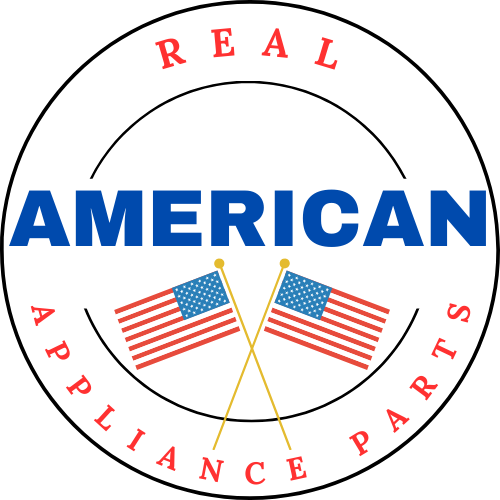Knowing When to Walk Away: Severing a Business Relationship with a Warranty Company
For appliance repair professionals, working with warranty companies can be a steady source of business. However, not all partnerships are beneficial. When a warranty company becomes more of a burden than a benefit, knowing when—and how—to sever the relationship is crucial for your business’s growth and sustainability.
Signs It’s Time to Cut Ties
1. Consistently Low Payouts
Warranty companies often dictate service fees, and if those fees are too low to cover your costs or provide a fair profit, continuing the partnership may not be sustainable. If negotiation attempts fail, it may be time to move on.
2. Excessive Administrative Hassles
If the warranty company requires extensive paperwork, slow approvals, or constant disputes over coverage, it can drain valuable time and resources that could be better spent on direct customer service.
3. Frequent Delays in Payment
Cash flow is the lifeblood of any service business. If a warranty company consistently delays payments or requires excessive follow-ups to receive compensation, it could harm your financial stability.
4. Customer Frustration and Reputation Damage
If customers complain about long approval times, denied claims, or low-quality parts provided by the warranty company, your reputation may suffer by association. Maintaining strong customer relationships should take priority over a problematic partnership.
5. Restrictive Policies and Unreasonable Expectations
Some warranty companies impose restrictions on repair methods, dictate which parts to use, or set unrealistic service expectations. If these limitations compromise your ability to provide quality service, it may be time to cut ties.
How to End the Relationship Professionally
1. Review Your Contract
Before making a move, review the agreement you have with the warranty company to understand termination clauses, notice periods, and any obligations you must fulfill.
2. Provide Formal Notice
Send a professional, written notice explaining your intent to terminate the relationship, citing key reasons for your decision. Keep the tone courteous and professional to maintain goodwill.
3. Fulfill Outstanding Obligations
Ensure that any pending repairs, claims, or payments are settled to avoid legal or financial repercussions.
4. Notify Your Customers
If a significant portion of your business comes from warranty claims, inform your customers about the change and offer alternative solutions, such as direct service options or partnering with other, more reliable warranty providers.
5. Focus on Strengthening Your Business
Redirect efforts toward higher-value customers, direct-pay repairs, and establishing relationships with reliable partners who align with your business goals.
Conclusion: A Strategic Move for Long-Term Success
Ending a business relationship with a warranty company is not an easy decision, but sometimes it’s necessary for the health of your business. By recognizing the signs of an unsustainable partnership and handling the separation professionally, appliance repair professionals can focus on building stronger, more profitable relationships and delivering superior service to their customers.
Your business should work for you—not against you. Make the choice that supports growth, efficiency, and long-term success.
